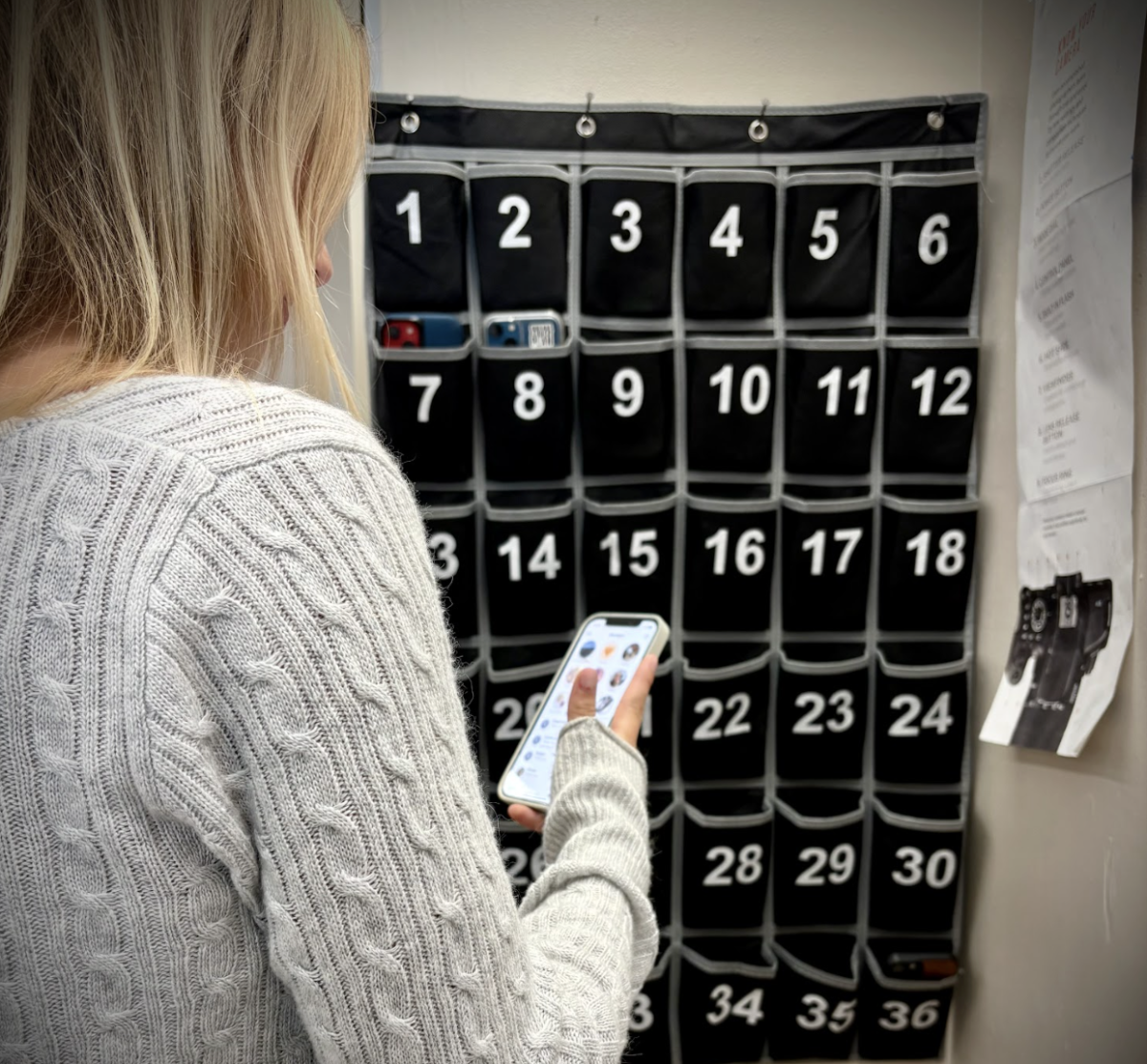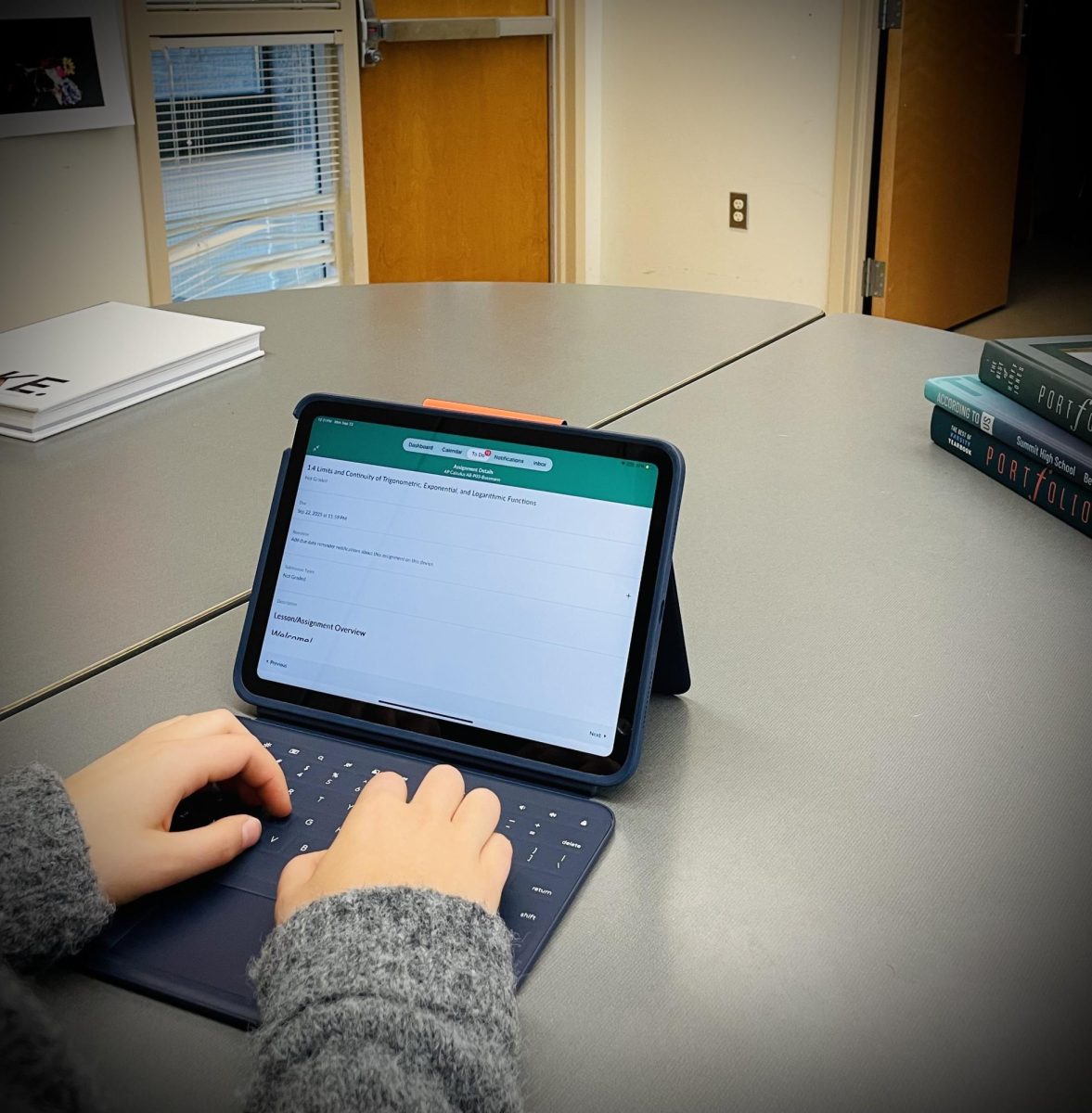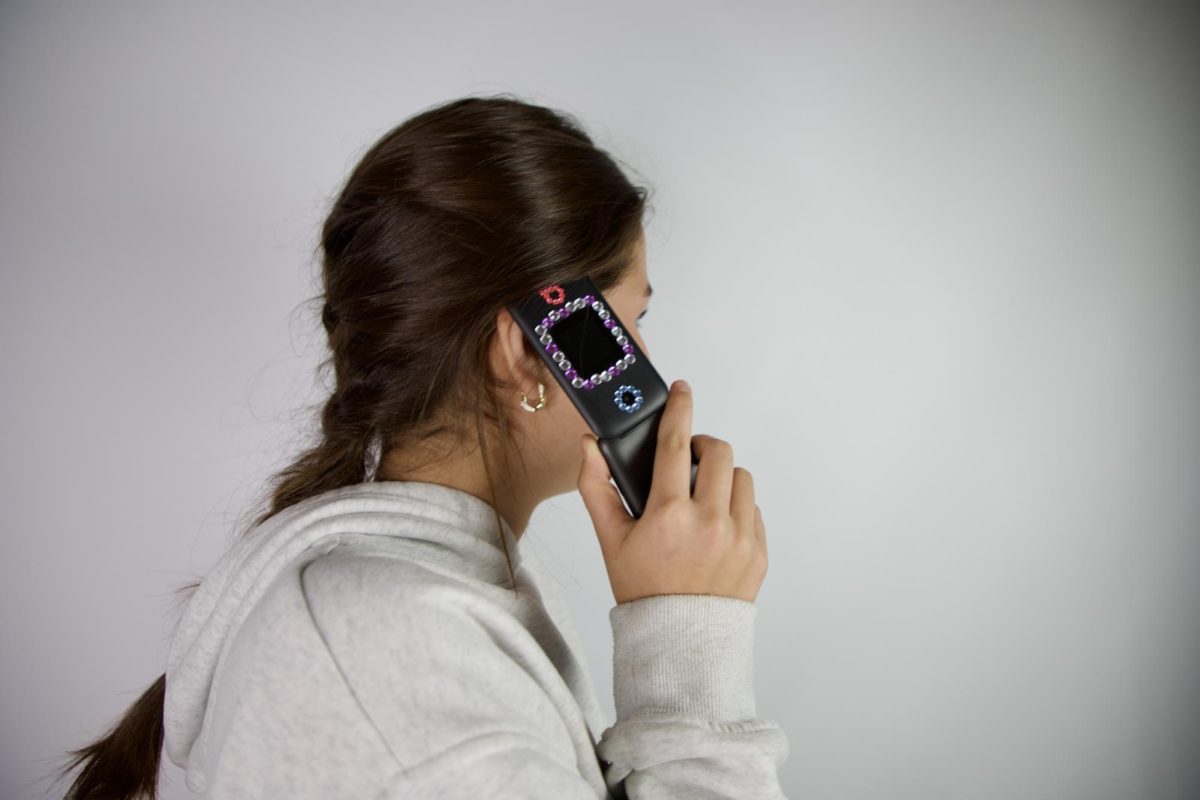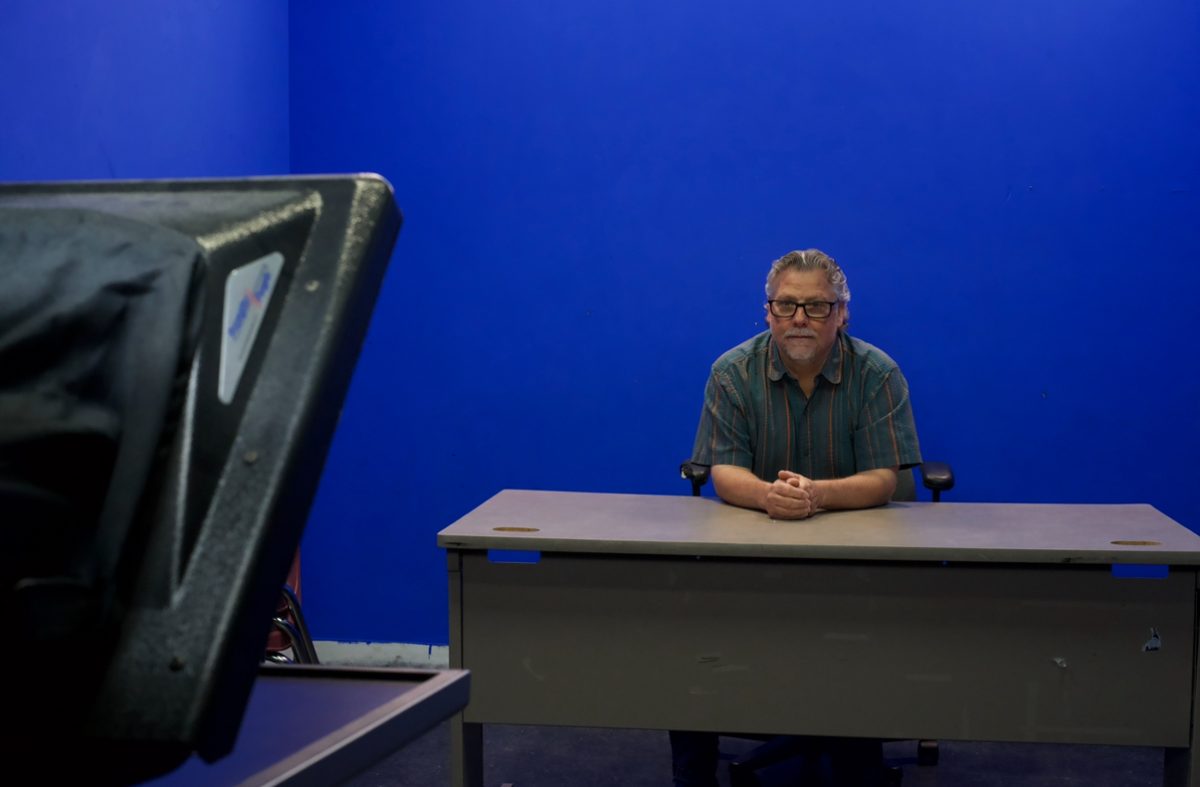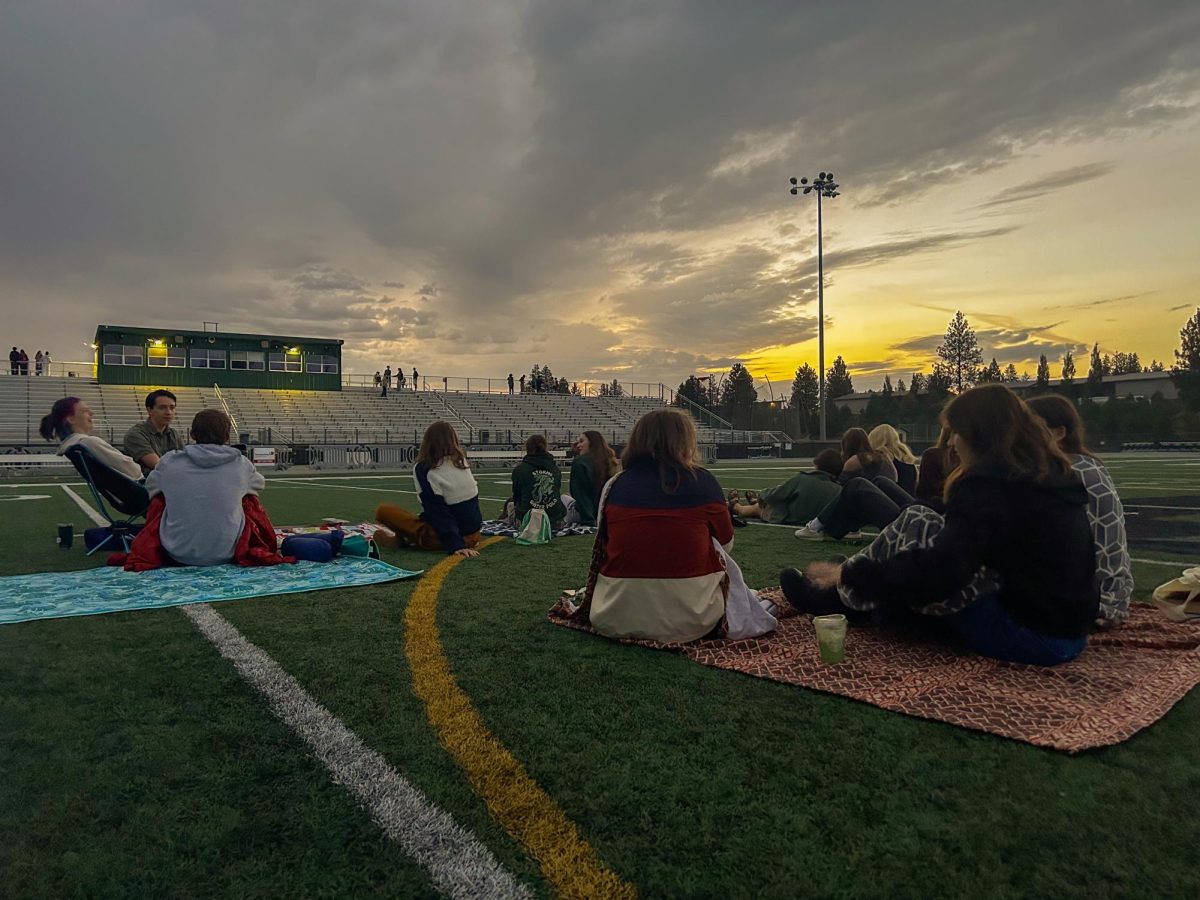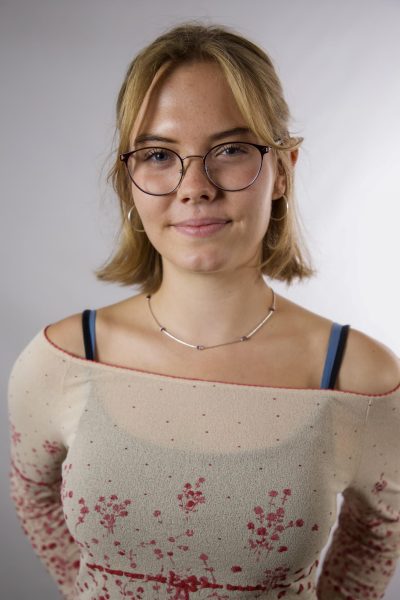Well Wired, a safe tech advocacy group launched in 2024 by Brooke Mues and Ami Formica, parents of elementary-age kids, is traveling to schools around Bend to teach parents and kids about using technology in healthy and productive ways.
The creation of the group was inspired by Mues and Fromica’s shared concerns about the increase of phone and social media use in high schools and middle schools. For Mues and Formica, the reliance on smartphones in young adults and the negative impacts of that reliance, such as mental health issues, addiction and loss of childhood, have become serious problems.
“Well Wired’s mission is to decrease the number of middle school [and high school] kids who rely on and use smartphones and social media. We aim to achieve this by educating parents, children, and educators,” said Mues.
Dopamine Nation by Anna Lembke, a book that inspired Mues and Fromica’s group, discusses this problem in detail. Lembke explains how addictive technology changes the anatomy of reward systems in childrens’ brains. In her book, Lembke describes the smartphone as “the modern-day hypodermic needle, delivering digital dopamine 24/7 for a wired generation.”
“After studying the issue, research and experts are making it abundantly clear that phone/screen-based childhoods are negatively impacting kids and are worsening their mental health later in life,” said Mues. “It is a collective action problem, and we feel it is our obligation as parents to spread this word so that more kids and parents are aware of the problem so that we together we can make change.”
By holding events and talks at schools around Bend, Mues and Formica hope to share Lembke and other researchers’ information with other parents and their children. In their hour and a half talks, they focus on addictive versus healthy technology, the brain science behind smartphone addiction, alternatives to smartphones and the qualities of thriving kids. They also share advice from the U.S. Surgeon General’s advisory report about social media which recommends 16 as the minimum age for social media access.
“A successful event has both parents and kids involved,” said Mues. “When they walk into the room, we give parents a note-taking sheet, and ask them to put their smartphones in shoe holders hanging by the door. The kids enjoy hearing information about dopamine (the brain chemical we produce when we use addictive technology) through a silly story.” Kids also enjoy the part of the event where Mues and Formica show pictures of old phones and computers compared to modern technology.
“The kids love seeing the contrast, and they can identify how much harder the ‘new tech’ devices are to stop using,” said Mues.
In addition to their talks and events at elementary schools, Mues and Formica are hoping to launch a high school mentoring program.
“One of our key offerings, which we have yet to launch, is providing the Well Wired community with outdoor and creative experiences for kids in elementary school, led by high schoolers who are working to reduce or eliminate their reliance on smartphones and social media,” said Mues.
Groups such as Well Wired are key players in informing Bend’s community about serious issues such as addictive technology. Moving forward, Bend can foster more aware and healthier young adults.



